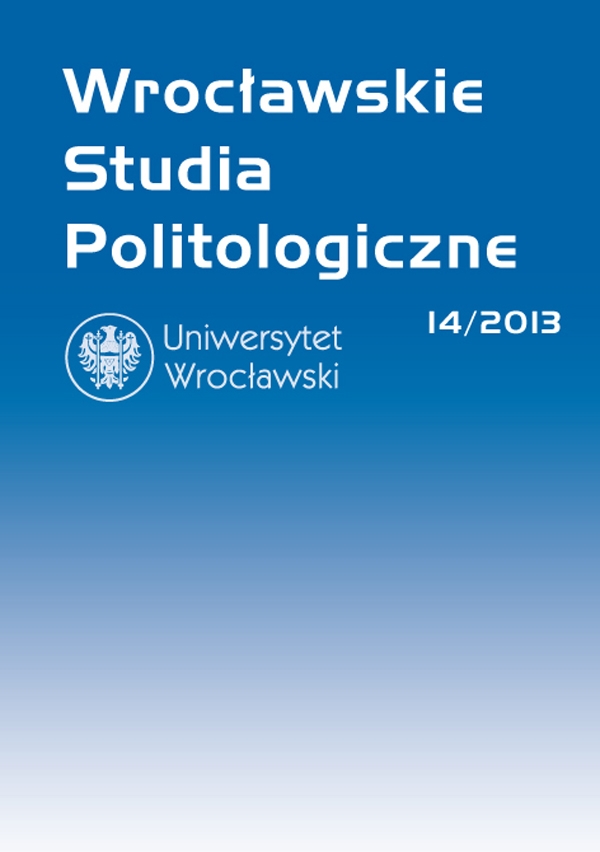

Artykuły

Polish-Cameroonian relations: origins, structures, and development
In the article it has been indicated that the first contacts of Poles with the coast of Cameroon occurred in the modern age, when travelers, seamen, and missionaries were flying the flags of foreign states and staying in the Gulf of Guinea during their cruises. The lands of Cameroon became better known to Poles during the 1880’s, at the time of an expedition commenced by Stefan Szolc-Rogoziński, who spent a few seasons by the coast of the Gulf of Guinea and, while doing so, penetrated African lands and wrote on his accomplishments in Polish and foreign press.
Despite the birth of the Second Polish Republic in the after math of World War I, the contacts of Poles with the territory of Cameroon virtually remained unaltered. The Polish state, despite its efforts, was unable to establish wider contacts with the region, since it had been dominated mostly by British and French colonial metropolises. These circumstances haven’t also changed significantly during World War II and the first fifteen years after its end.
After Cameroon gained independence in 1960, a certain rapprochement occurred between the country’s authorities and Central and Eastern European states, which gave rise to fully-fledged political, economic, and cultural relations. Admittedly, the Cameroonian side was the instigator, yet the Poles were the ones that proved more committed in subsequent years. Due to limitation of contacts in the 1980’s, the Polish diplomatic mission in Jaunde was closed, and its tasks were assigned to the embassy in Nigeria. The situation lasted even after 1989, when Central and Eastern Europe underwent political transformation and became independent from the Soviet Union.
Changes in Polish foreign policy initiated after 1989 caused Cameroon to remain on the side track of Polish political, economic, and cultural interests. The situation wasn’t affected by the accession of Poland to the European Union in 2004. This period preserved a peripheral status of Cameroon and the rest of Central Africa among Polish relationships with the outside world. The situation remains so until this day. One should not expect a revival of Polish-Cameroonian relations occurring soon. For Poland, Cameroon is not such an attractive partner as to cause a revision of its policy towards it, since it is easy to fill Cameroon’s place with other actors located in the same part of Africa. In turn, Poland is not capable of giving Cameroon profits such as it can gain from, amongst others, France.